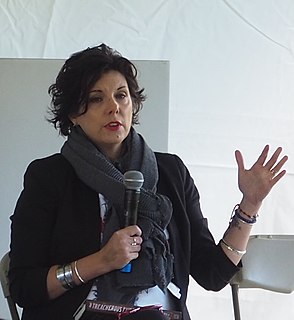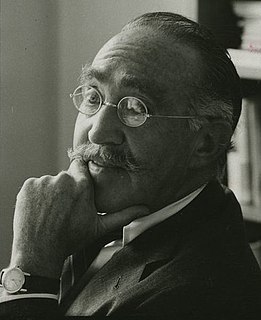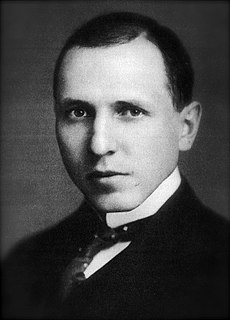A Quote by Deanna Raybourn
If you were a man, your ladyship, I would cordially horsewhip you for that remark.
Related Quotes
Simply put, dramatic irony is when a person makes a harmless remark, and someone else who hears it knows something that makes the remark have a different, and usually unpleasant, meaning. For instance, if you were in a restaurant and said out loud, "I can't wait to eat the veal marsala I ordered," and there were people around who knew that the veal marsala was poisoned and that you would die as soon as you took a bite, your situation would be one of dramatic irony.
To be a woman condemned to a wretched and disgraceful punishment is no impediment to beauty, but it is an insurmountable obstacle to power. Like all persons of real genius, her ladyship well knew what accorded with her nature and her means. Poverty disgusted her -subjection deprived her of two-thirds of her greatness. Her ladyship was only a queen amongst queens: the enjoyment of satisfied pride was essential to her sway. To command beings of an inferior nature, was, to her, rather a humiliation than a pleasure.
I wonder why men can get serious at all. They have this delicate long thing hanging outside their bodies, which goes up and down by its own will. First of all, having it outside your body is terribly dangerous. If I were a man I would have a fantastic castration complex to the point that I wouldn't be able to do a thing. Second, the inconsistency of it, like carrying a chance time alarm or something. If I were a man I would always be laughing at myself.
The plea of good intentions is not one that can be allowed to have much weight in passing historical judgment upon a man whose wrong-headedness and distorted way of looking at things produced, or helped to produce, such incalculable evil; there is a wide political applicability in the remark attributed to a famous Texan, to the effect that he might, in the end, pardon a man who shot him on purpose, but that he would surely never forgive one who did so accidentally.

































